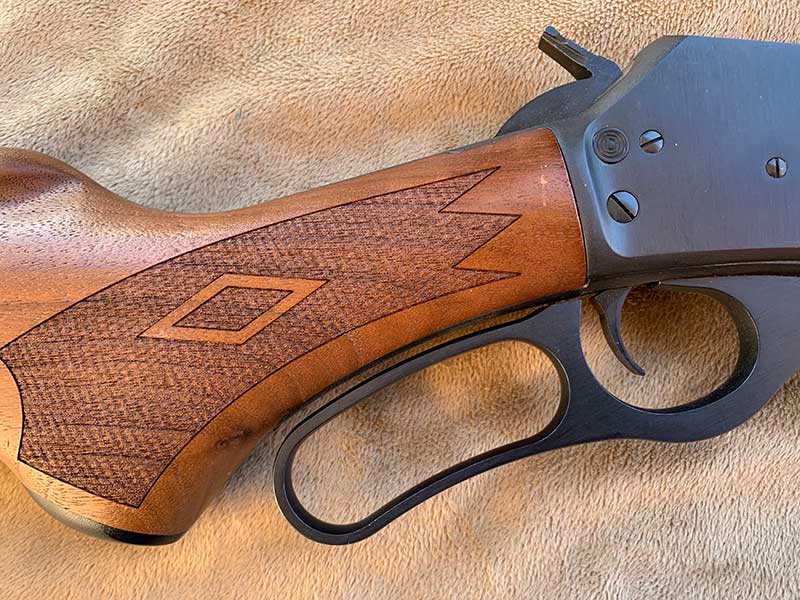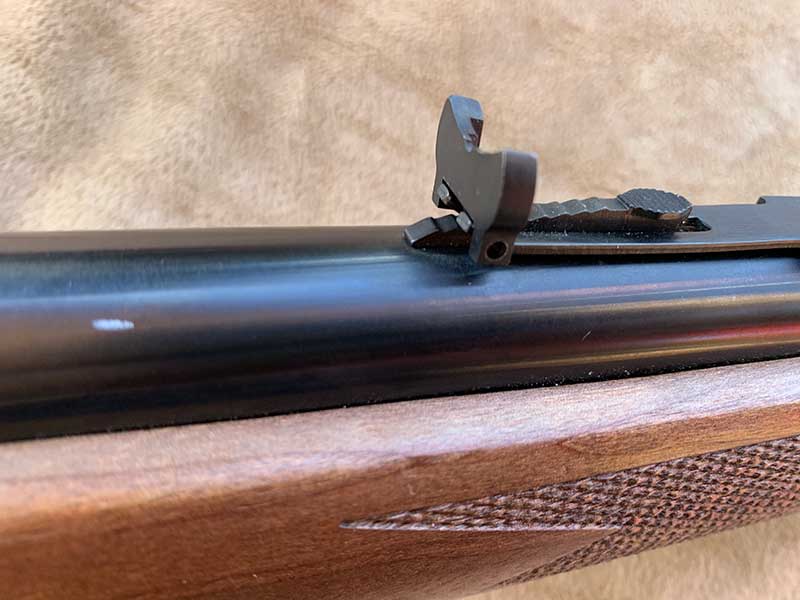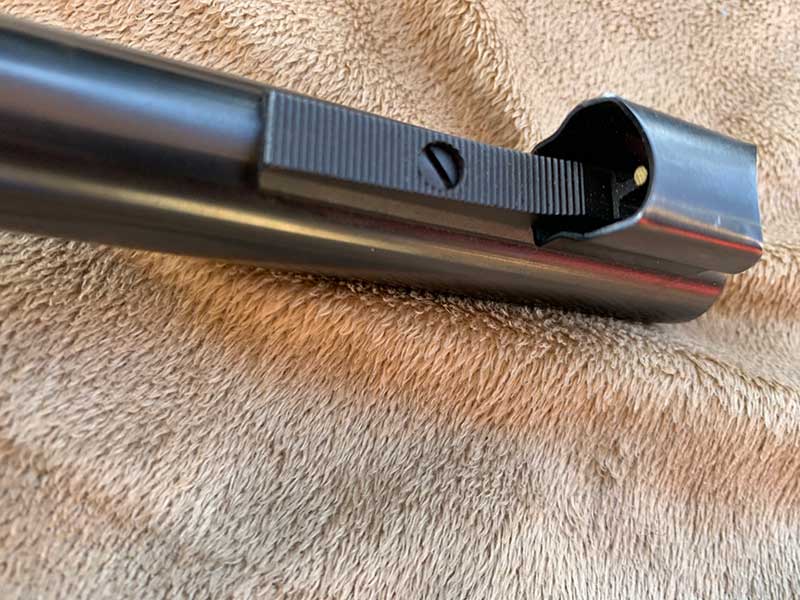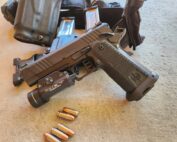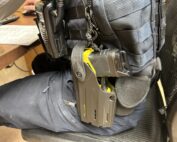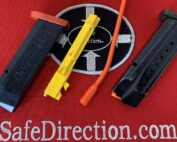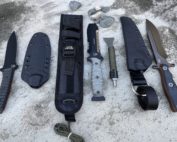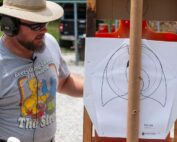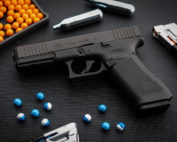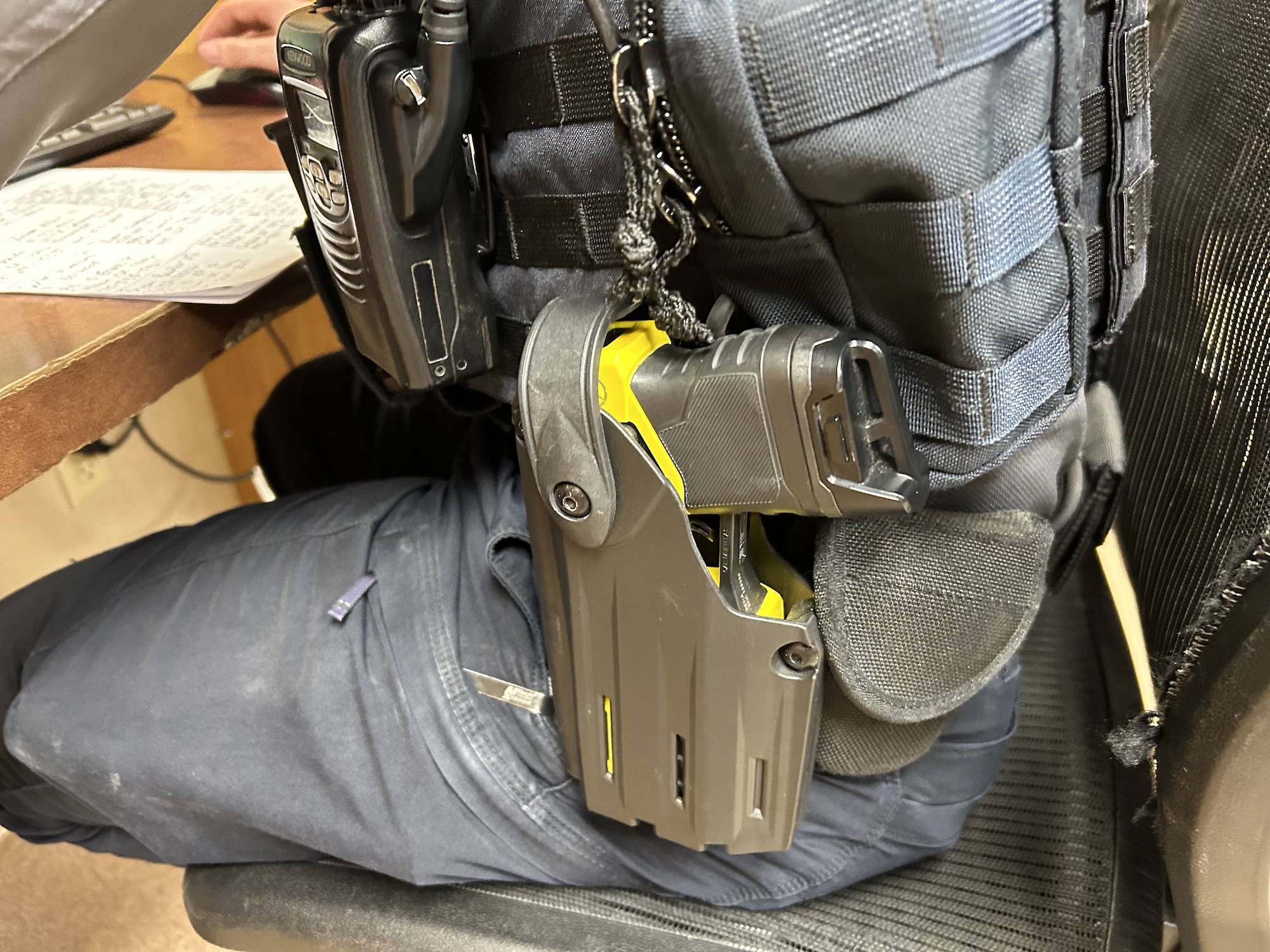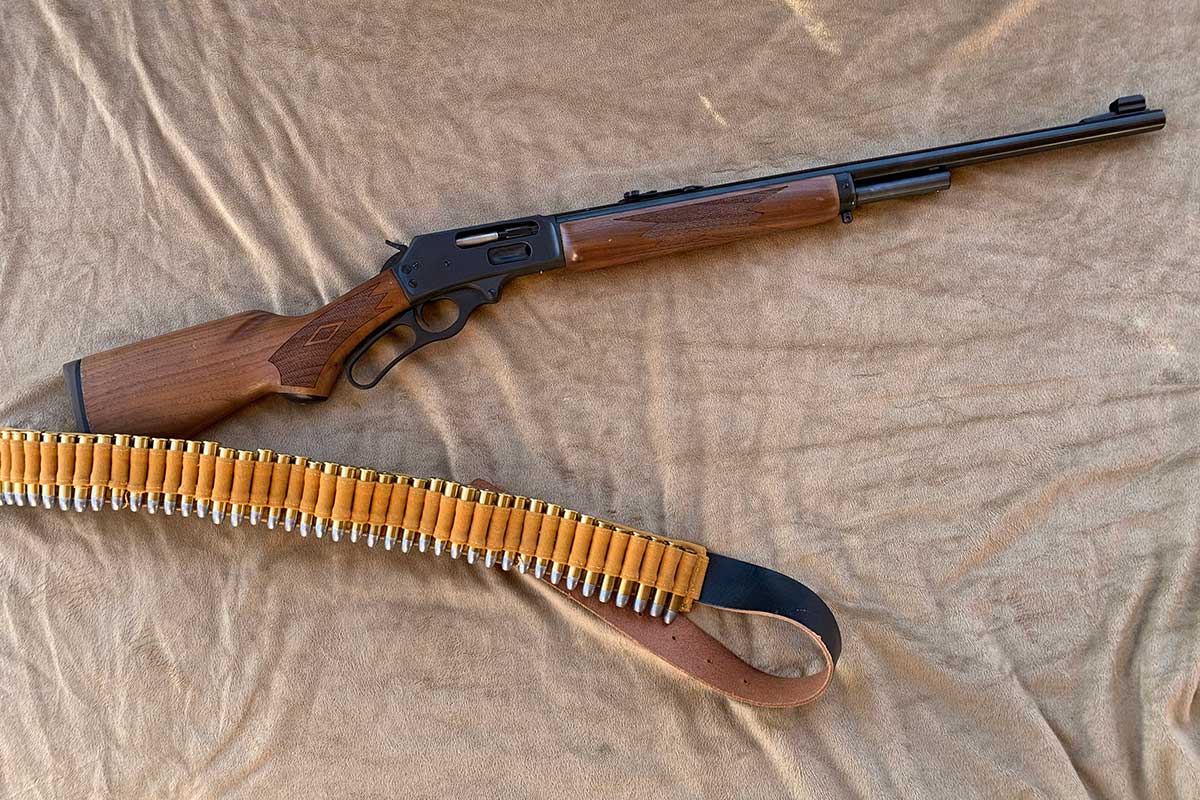
AC-092421-M-1-800
The Springfield Trapdoor Cartridge Rifle and Carbine was produced for the military in 1873. It came chambered in an equally new, powerful cartridge.
Commonly called .45-70 Government or simply .45-70, the actual nomenclature for the cartridge was .45-70-405. In order, the numbers stand for the caliber, how many grains of black powder is used and the weight of the bullet measured in grains.
By the time of the Spanish American war in 1898 the Army had adopted the bolt-action Krag Jorgenson .30-40 caliber rifle but not in great numbers. A great many Soldiers went into action with Springfield Trapdoor .45-70s against their enemy who were armed with faster firing Mauser bolt-action rifles—sometimes with dire results. The Springfield was completely phased out following the end of the Spanish American war.
Although the United States won the war, one wonders if the war could have been brought to an earlier conclusion if American Soldiers had been armed with rifles with a greater rate of fire.
Such a rifle could have something like the lever-action Marlin Model 1895.
Mostly thought of now as a hunting cartridge the 45-70 is capable of taking down any big game in North America. However, in a rifle like the Marlin it is equally effective for self-defense especially with modern ammunition such as Hornady’s 325-gr. FTX bullet.
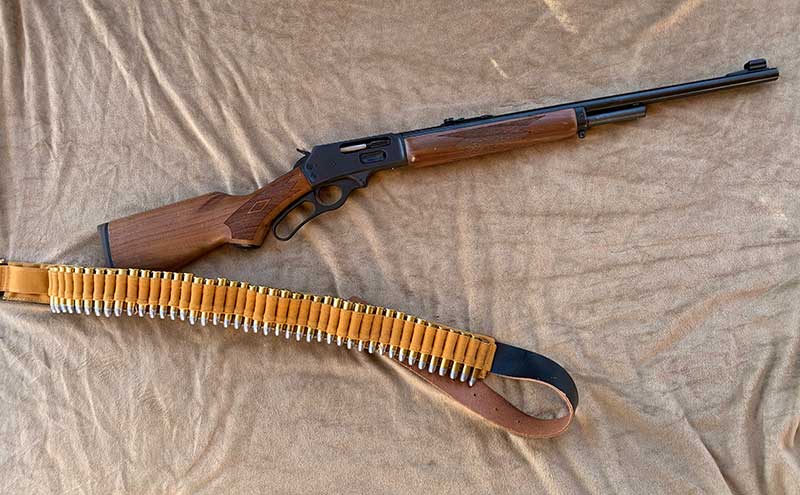
Marlin 1895 .45-70 is a viable today as when cartridge belts were made from webbed cotton instead of nylon.
MARLIN MODEL 1895
The Model 1895 has 18.95-inch barrel with a length of pull (LOP) of 13.4 inches. Weight is 7.5 pounds. It has a folding, adjustable semi-Buckhorn rear sight and hooded ramp front sight with a brass bead and the receiver is drilled and tapped for a scope base.
The stock has a pistol grip with a curved lever to match the contour of the grip. Both the stock and forend has checkering for a sure grip and are made of American Black Walnut with a rubber recoil pad. Finish is blue and capacity is four plus one.
MODS
The rifle shown belongs to my son Flint and he plans to use it in an upcoming bison depredation hunt, and possibly for a bear hunt. But first he felt it needed a few modifications to meet his needs.
First, the factory LOP is a bit too long to fit him well, especially with heavy clothing. And while he can hit with the semi-Buckhorn sight, he wanted sights that were easier to pick up.
I cut down the stock to achieve a 12.5 inch LOP and reprofiled the existing recoil pad.
The choice for sights were a no-brainer. I went with a Skinner Express rear sight. The sight comes with a .096″ aperture insert that can be removed to achieve a .200″ ghost ring (other aperture sizes are available from Skinner Sights).
I chose a Skinner fiber optic front sight. The fiber optic tube measures .78” and transmits a lot of light to the eye.
Since the semi-Buckhorn rear sight was now superfluous, it was removed. A word of caution here: if you perform a similar modification and remove the Buckhorn rear, place a business card under the sights elevator to avoid scratching the barrel.
Of course this left an unsightly empty dovetail on the top of the barrel with sharp edges that could possibly abrade either clothing or flesh. Additionally, the edges of the dovetail could become damaged and require a gunsmith to repair in the event the original was sight ever replaced.
I used Skinner Dovetail Sight blank to fill in the void. The blank is oversized and requires filing down to fit in the Marlin’s dovetail. This is a slow process of filing and checking the fit. It is easy to remove too much steel, but impossible to replace. Once the blank will barely begin to insert, it can be tapped the rest of the way into place with a non-marring mallet.
I applied blue Loctite on the screws that secure the sights as well as the dovetail blank.
SUMMARY
Whether you use the Marlin 1895 as it comes out of the box or choose to add some changes to suit your personal preferences, the rifle is reliable, accurate and powerful.
As much as I hate to say it—with Modern Sporting Rifles under attack from the left—lever-action rifles may become as relevant as they were a century ago. And to tell the truth, they are as viable as they ever were.
MARLIN FIREARMS
www.marlinfirearms.com
SKINNER SIGHTS
www.skinnersights.com

